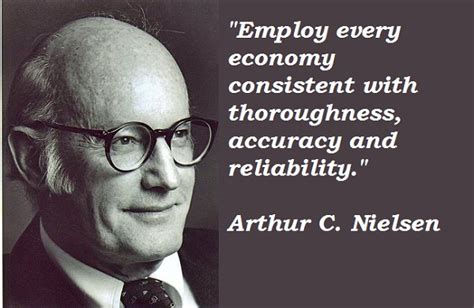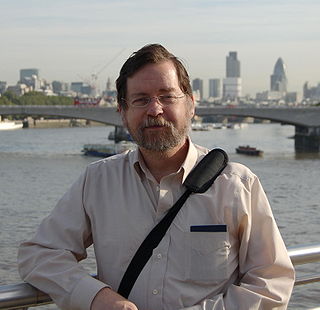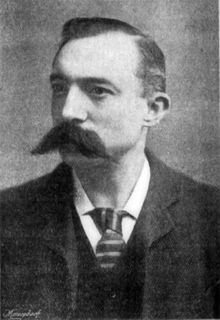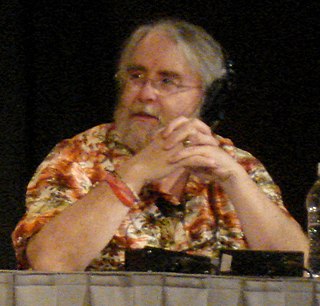A Quote by Carl Sagan
Has there ever been a religion with the prophetic accuracy and reliability of science? . . . No other human institution comes close.
Related Quotes
Think of how many religions attempt to validate themselves with prophecy. Think of how many people rely on these prophecies, however vague, however unfulfilled, to support or prop up their beliefs. Yet has there ever been a religion with the prophetic accuracy and reliability of science? ... No other human institution comes close.
Economic systems work better when there's an extreme reliability ethos. And the traditional way to get a reliability ethos, at least in past generations in America, was through religion. The religions instilled guilt. ... And this guilt, derived from religion, has been a huge driver of a reliability ethos, which has been very helpful to economic outcomes for man.
In all modern history, interference with science in the supposed interest of religion, no matter how conscientious such interference may have been, has resulted in the direst evils both to religion and to science, and invariably; and, on the other hand, all untrammelled scientific investigation, no matter how dangerous to religion some of its stages may have seemed for the time to be, has invariably resulted in the highest good both of religion and of science.
It is said that peace is the basic tenet of all religion. Yet it is in the name of religion that there has been so much disturbance, bloodshed and persecution. It is indeed a pity that even at the close of the twentieth century we've had to witness such atrocities because of religion. Flying the flag of religion has always proved the easiest way to crush to nothingness human beings as well as the spirit of humanity.
This [the opening of the Vatican City radio station built by Marconi earlier in 1931] was a new demonstration of the harmony between science and religion that each fresh conquest of science ever more luminously confirms, so that one may say that those who speak of the incompatibility of science and religion either make science say that which it never said or make religion say that which it never taught.
Science without religion is dangerous because it necessarily entails a mechanization of humanity and consequent loss of individual autonomy and spirituality. On the other hand, religion without science is powerless because it lacks an effective means through which to actualize the ultimate reality. Science and religion must work together harmoniously.
The greatest achievements in the science of this [twentieth] century are themselves the sources of more puzzlement than human beings have ever experienced. Indeed, it is likely that the twentieth century will be looked back at as the time when science provided the first close glimpse of the profundity of human ignorance. We have not reached solutions; we have only begun to discover how to ask questions.




































